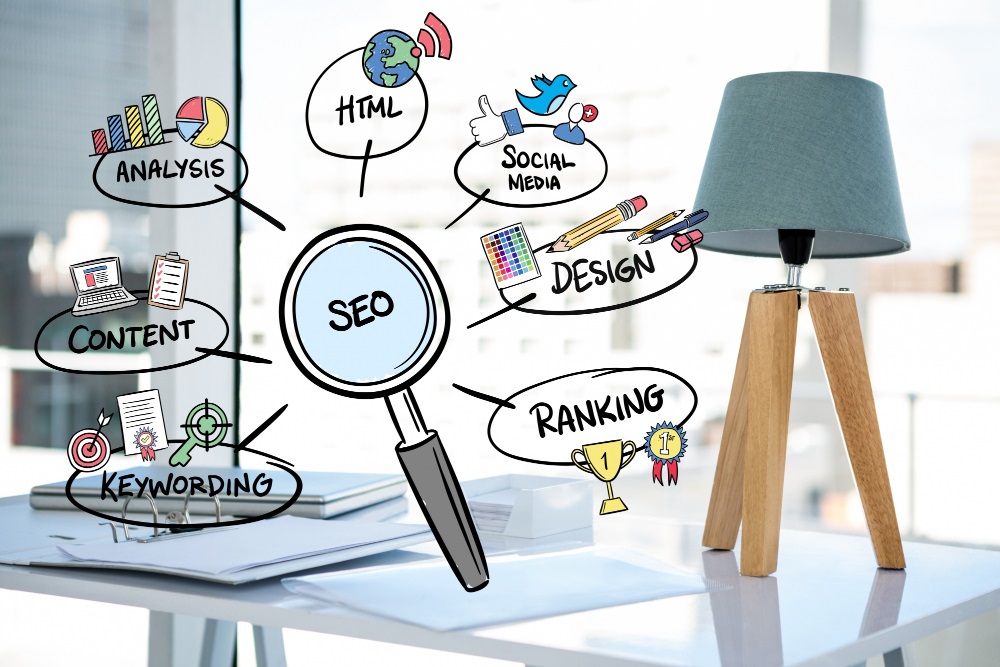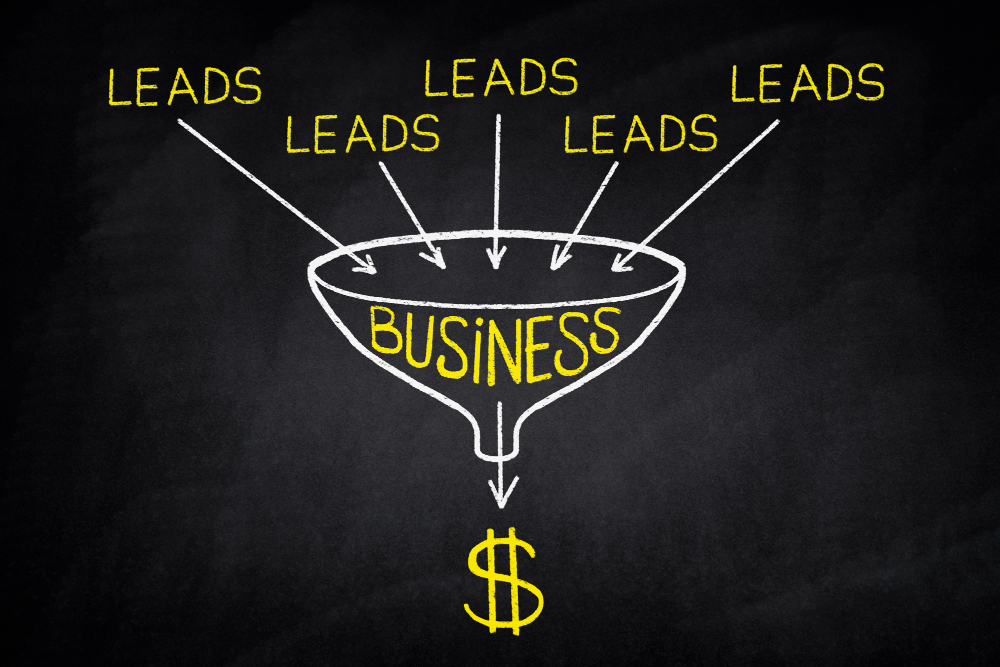In today’s world, digital marketing has become an essential element for small businesses looking to expand their customer base and increase online visibility. With the wide availability of digital tools and platforms, it’s possible to reach a vast audience without having to invest large sums of money. In this article, we will explore some key strategies that small businesses can use to acquire new customers through digital marketing.
1. Create an Engaging and Optimized Website
A well-designed website is the foundation of success in digital marketing. It should be intuitive, easy to navigate, and mobile-friendly. Ensure that the content is clear and includes crucial information such as services offered, customer testimonials, and contact details. Additionally, optimize the site for search engines (SEO) to improve visibility on Google and increase the chances of being found by potential customers.
2. Harness the Power of Social Media
Social media is one of the most powerful platforms for promoting a small business. Create business profiles on popular platforms like Facebook, Instagram, Twitter, and LinkedIn. Share relevant and engaging content that showcases the value of your products or services. Interact with the audience, respond to comments and messages promptly to build authentic relationships.
3. Invest in Online Advertising
Online advertising is an effective way to reach a targeted audience. Use tools like Google Ads and social media advertising to promote your business. Make sure to properly define your target audience to direct ads towards people most likely to be interested in your products or services.

4. Implement an Email Marketing Strategy
Email marketing is a powerful way to communicate with existing and potential customers. Build a contact list and periodically send valuable content, special offers, and updates about your business. Ensure that the emails are personalized and relevant to increase the likelihood of engagement.
5. Leverage the Potential of Content
Creating high-quality content is essential for attracting and engaging the audience. You can use blogs, videos, podcasts, or infographics to share relevant and interesting information related to your industry. Make sure to optimize the content for SEO to maximize online visibility.
6. Gather Positive Reviews
Customer reviews are crucial for instilling trust in potential buyers. Ask your satisfied customers to leave positive reviews on platforms like Google My Business, TripAdvisor, or Yelp. Respond to all reviews, both positive and negative, in a professional and courteous manner.
7. Participate in Online Events
Attending webinars, virtual trade shows, or industry-related online events can help establish your presence in the market and connect with potential customers. Share your experiences on social media or your website to demonstrate your commitment to providing value to customers.

8. Monitor and Optimize Performance
It’s crucial to monitor marketing metrics to understand what works and what can be improved. Use analytics tools to track website traffic, conversions, and the impact of advertising campaigns. Adjust and optimize your strategies accordingly.
In conclusion, digital marketing offers small businesses a range of accessible and powerful tools to reach new customers. By implementing a well-planned strategy that includes an engaging website, a presence on social media, targeted online advertising, email marketing, and quality content, small businesses can gain a competitive edge in the digital market. Remember to stay flexible and adapt to the changing needs of your audience to maximize success in digital marketing.
Copyright featured image: Image by rawpixel.com on Freepik









 In summary, marketing analytics provides useful and strategic insights into the performance of digital marketing activities, helping businesses make informed decisions and adopt a more effective marketing strategy.
In summary, marketing analytics provides useful and strategic insights into the performance of digital marketing activities, helping businesses make informed decisions and adopt a more effective marketing strategy.
